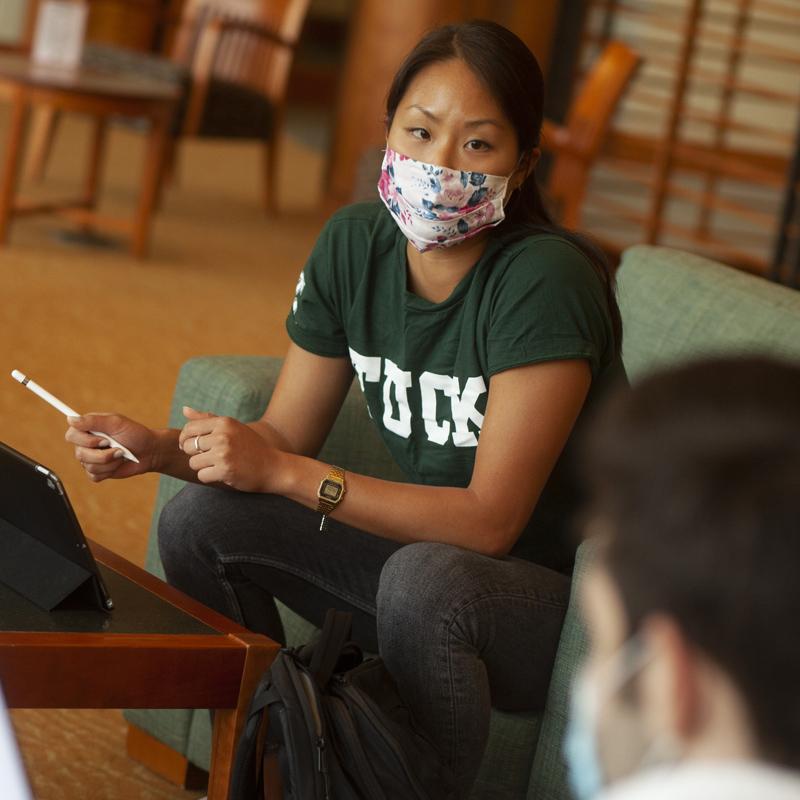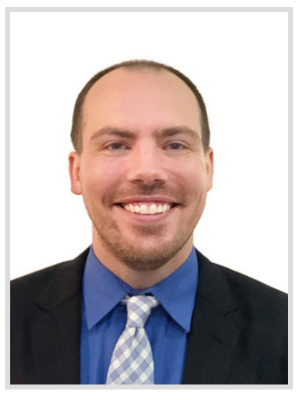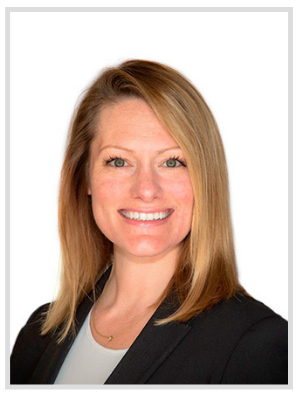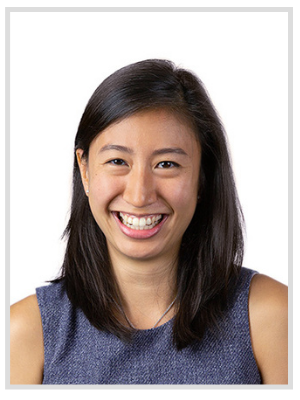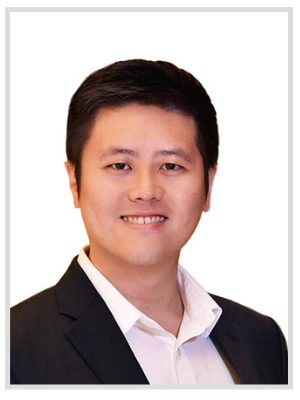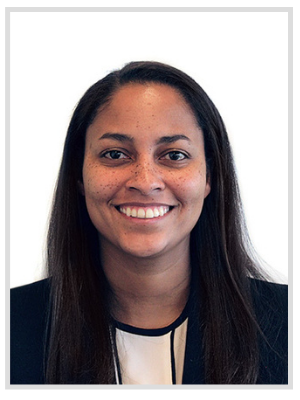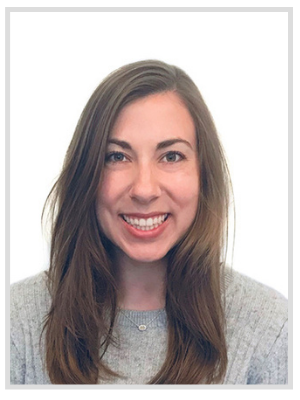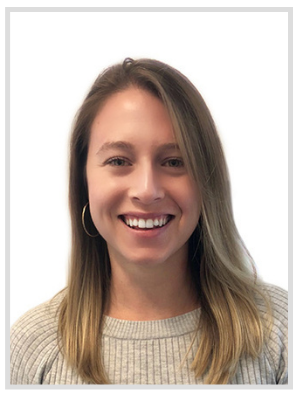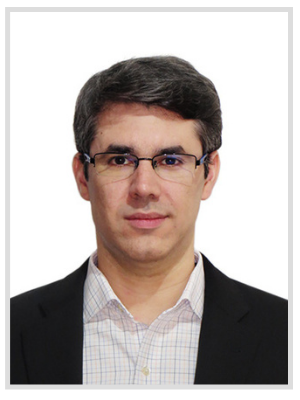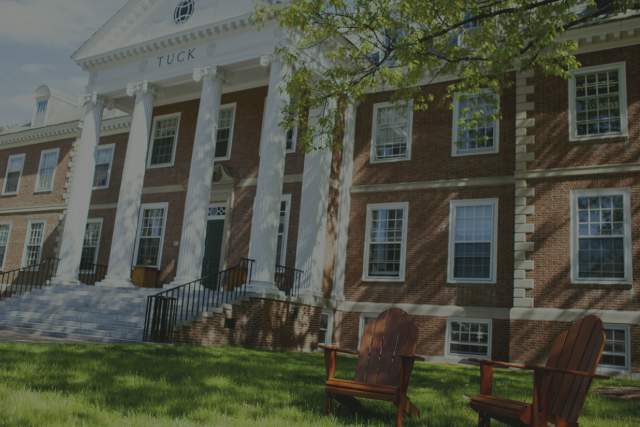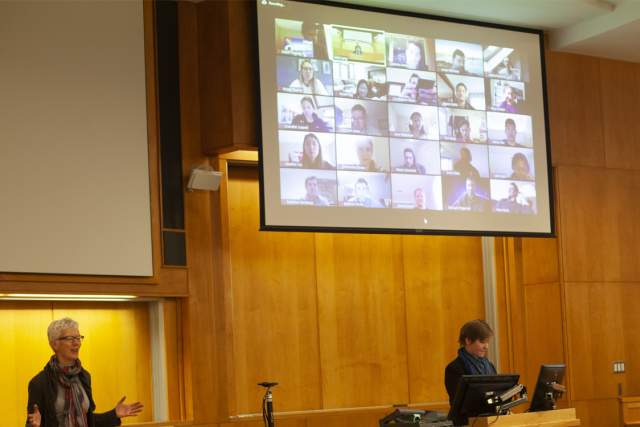At the end of February, when summer was easier to plan for than envision, members of the Tuck Class of 2021 were working hard on their summer internship prospects.
The process was going smoothly, as it typically does—just 60 T’21s were still looking for a job. Then the unexpected happened. The Covid-19 pandemic emerged, and workplaces began shutting down or going remote. Staff in the Career Services department started getting word from some companies who had already made internship offers: they couldn’t host Tuck students over the summer. “That was like the disaster moment at the beginning of a movie, where you’re thinking, 'My gosh, what’s going to happen?'” says Stephen Pidgeon T’07, the executive director of Career Services.
Fast forward to the end of the spring term and the career picture is much rosier. All T’21s had internships or fellowships by the time classes finished for the year. And while they weren’t the usual in-person positions the students expected over the winter, employers from every industry made sure students felt connected, challenged, and valued.
Those three months between February and June were busy ones for people in the Tuck community who help students on their career path. Kerry Laufer, the director of OnSite Global Consulting in TuckGO, immediately began contacting alumni to see if they wanted to host T’21s for specially-designed summer internships that aligned with their career goals. “The response we got from alumni was incredible,” Laufer says. With the help of faculty and Career Services staff, Laufer put together 11 summer fellowship projects, with nine of them connected to Tuck alumni. She figured 20 students might need one of these fellowships, but the traditional internship recruiting system was so effective that only five students opted for this path, working on projects for Carl Zeiss Meditec and PayPal France. “That was a big success,” Pidgeon explains. “These were genuinely exciting opportunities that students converted into paid internships.”
We’ve had students really help businesses through the summer, as employee number three or four, and they end up turbocharging the business.
At the Career Services office, career coaches worked more closely with students to understand their career objectives and help them think more broadly about the roles that would serve them well. Sometimes that meant assembling two or three different internships to build a very specific type of experience or expertise. Career Services staff also ramped up their sourcing of internship opportunities, paying particular attention to early-stage companies, or companies who just received funding and perhaps never considered the many ways a Tuck student could be useful to them. “We’ve had students really help businesses through the summer, as employee number three or four, and they end up turbocharging the business,” Pidgeon says.
Tuck also aided students with logistical challenges, such as housing and office space. Many international students stayed on campus over the summer to avoid traveling during the pandemic, and Tuck offered them and others free dorms and their own study rooms. It turned sections of Whittemore and Byrne Halls into something like WeWork, with students safely ensconced in private rooms with air conditioning, printers, wi-fi, and large-screen monitors. At the same time, other schools were locking their doors and telling students to go home.
“Over this period, we found we can work with students very well remotely, and students can network and interview remotely,” says Pidgeon. “It’s not such a disadvantage. In fact, it opens up opportunities quite a bit.”
Here’s a closer look at the summer experiences of eight T’21s.

